Best Oils and Butters for Skin Care
Treat your skin with the most natural and beneficial oils and butters for healthy and glowing skin that you've always wanted! To pace you up, here are the best natural oils and butters for skin health, along with their benefits and uses that can revamp your skin in the most natural way.
Shea butter
Shea butter is one of the most popular and favoured natural butters for skin in commercial and DIY skincare products. Shea butter benefits the skin immensely in so many ways, including its high moisturizing and exfoliating effects on the skin. It is a well-established fact that shea butter is "the ingredient" to be included in your skincare routine no matter what, and the magical benefits of shea butter for skin are confirmed by dermatologists and skincare experts worldwide. One of the main advantages of having shea butter in your skincare and haircare routine is that it is such a versatile ingredient that benefits your entire body.
Types of Shea butter
Although there are many varieties of shea butter depending on its origin and quality, there are mainly four types of shea butter commonly used in skincare products. Keep in mind that these varieties of shea butter are broadly categorized based on their processing and filtering.
Shea butter raw:
Raw shea butter is the most basic and purest form of all types of shea butter. Almost all other kinds of shea butter are derivatives of the shea butter raw type. Extraction of shea butter raw is done by grinding and boiling the nuts from the shea tree. Though raw shea butter is the purest and most beneficial, it may have some natural impurities since it is not filtered.
African shea butter raw:
One of the most popular and favoured shea butter is African shea butter. Not only does it have a rich moisturizing effect and healing effect on the skin, but African shea butter is also one of the oldest natural remedies for maintaining healthy skin and hair. African shea butter raw is also among the top tier of shea butter variants, making it one of the best butters for skin.
Shea butter unrefined:
Unrefined shea butter is just the shea butter raw organic type that underwent filtering of impurities. The filtering process of raw shea butter doesn't affect its amount of vitamins or beneficial acids, and you can blindly add it to your skincare routine and homemade skincare products.
Shea butter refined and ultra-refined:
Refined and ultra-refined shea butter is the raw butter subjected to multiple filtration processes, involving the addition of perfumes and other chemicals, thereby changing its natural colour and smell. Apart from that, refined and ultra-refined shea butter contains less nutritional and beneficial properties compared to shea butter raw organic types.
Ways to include shea butter in your skincare routine
Shea butter would make a great addition to your body butter and can be used to prepare moisturizers. You can also make your homemade soap and lotion with shea butter for skin exfoliation and nourishment.
Shea butter can be used as a lip balm, especially for treating pigmentation, lip lines and dry lips. It can also be used as a leave-in conditioner for your hair since it is an excellent moisturizing agent and can leave your skin smooth and hydrated.
Shea butter benefits
It's a known fact that shea butter is on top of the game in maintaining healthy skin. But ever wondered what benefits of it make it so hyped when it comes to beauty and skincare? Here are some of the main contributions of shea butter for skin and hair.
Benefits of shea butter for skin
- It boosts moisture of your skin:
- It helps reduce signs of ageing:
- It reduces skin inflammation:
- It maintains the overall structure and health of your skin: contains vitamins A, E and F:
Shea butter is renowned for its high levels of vitamins and fatty acids that can bring tremendous health benefits to your skin. Using shea butter for skin care can restore your skin’s balance and can boost the skin cells.
Benefits of shea butter for hair
- It helps with dry scalp:
- It prevents split ends and hair damage:
Since shea butter is known for its immense hydrating properties on both skin and hair, applying shea butter on hair can repair damaged hair, including bristled hair. It can also help with split ends by restoring moisture to weak, brittle hair.
Shelf life:
Unrefined shea butter can last for 11-12 months if stored at room temperature away from sunlight and moisture.
Cocoa butter
Cocoa butter is a natural butter popularly used in skincare products like moisturizers, lip balms, lotions, body butters etc. It is also considered a vegetable fat, which explains a lot about its beneficial properties.
Raw cocoa butter is extracted from the roasting of cocoa beans and by drawing out the cocoa nibs, from which theobroma oil or cocoa butter is obtained. Cocoa butter raw is pale yellowish in colour with a slight chocolate flavour and smell. In contrast, refined cocoa butter usually has an ivory shade with considerably stronger fragrances. Cocoa butter benefits the skin enormously when it comes to moisturization and reducing scars, making it a popular choice for a natural skincare routine.
Cocoa butter benefits
- It hydrates and nourishes the skin:
- It creates a barrier to prevent moisture loss:
- It is rich in antioxidants and reduces signs of ageing:
- It gives smooth and dewy skin:
Cocoa butter is one of the best choices for smoothing rough and irritated skin. Since it is rich in hydration and enrichment of the skin, it can easily replenish your skin, leaving it smooth and glowing. Using cocoa butter for scars and blemishes on the skin can also help the overall appearance of your skin.
Can you use cocoa butter for stretch marks prevention?
Cocoa butter is popularly known for reducing stretch marks and scars on the skin. But to what extent does it prevent stretch marks and discolourations on the skin? For the record, cocoa butter is an amazing moisturizer and rich in nutrients, but there are no proven studies that establish its effectiveness against stretch marks, despite its fad in skincare. That being said, using cocoa butter for stretch marks during pregnancy is not encouraged, and such uses of butters should only be adopted after consulting a dermatologist.
Is cocoa butter vegan?
Yes! Cocoa butter is completely vegan. It does not contain dairy, honey, eggs or other animal-derived yields, which makes it an excellent choice to include in your all-natural skincare routine. Although it has the word 'butter,' cocoa butter is entirely vegan since it is naturally derived from cocoa beans.
Cocoa butter vs shea butter
Since both shea butter and cocoa butter are among the best butters for skin, there can be a natural confusion when choosing the best out of the two. But selecting the best butter for your skin entirely depends on your skin's needs.
Both shea butter and cocoa butter are excellent skin moisturizers. But cocoa butter would be a better choice if you are struggling with rashes and scars on your skin, and shea butter can reduce inflammation and flakiness of the skin. That being said, shea butter would be the ideal choice for treating acne and damaged skin cells since cocoa butter can clog the skin pores. Overall, shea butter is a better choice when compared to cocoa butter considering its benefits on the skin, although cocoa butter possesses some exceptional benefits that your skin could use!
How to use cocoa butter?
Cocoa butter can be used as a natural butter in homemade soaps and lotions for better skin moisturization. Using cocoa butter lotion on your body can heal scars, wounds and pigmentation of the skin. Also, adding cocoa butter to your body butter can enhance the benefits on the skin like moisture-lock, building skin cells and tightening the skin. Lip balms and eye creams can also include cocoa butter to maintain the skin structure around lips and eyes.
Shelf life:
If stored in an airtight container in a refrigerator, cocoa butter may last for 2-5 years. However, storing it in a cool dry place away from sunlight can also preserve cocoa butter for a few years.
Mango butter
Mango butter is gaining popularity as one of the most nutrient-rich natural butters, mainly because it is directly extracted from those vitamin-rich fruit seeds of mangoes!
Though there are refined and unrefined types of mango butter available in the market, mango butter raw type is the most beneficial. Mango butter is filled with proteins, antioxidants and vitamins (Vitamins A, C and E) that can do wonders for your skin. Read on to find out more about its amazing benefits to your skin and hair.
Mango butter benefits
From healthy skin to luscious hair, mango butter has a lot to offer to your skin and hair health. Here are some of the best mango butter benefits that give you healthy skin and hair.
Mango butter for skin care
- It nourishes skin with vitamins:
-
It repairs your skin:
Mango butter benefits your skin by building up skin cells that can be damaged by atmospheric pollution and sunlight. The Vitamin E present abundantly in mango butter can protect and neutralize the effect of UV rays on your skin, preventing loss of firmness of the skin.
- It reduces signs of ageing:
It is a known fact that premature ageing of skin occurs when the production of collagen in your skin is slowed down. Collagen is a vital protein that gives structure, shape and plumpness to your skin. Using mango butter on your face can greatly enrich the skin with nutrients (Vitamin C) and acids that can boost collagen production. Including mango butter for skin care can transform and rejuvenate your skin.
Mango butter for hair care
- It prevents hair breakage:
The nutrients and vitamin content in mango butter can be put to good use for your hair health, especially to reduce hair loss. The beneficial contents present in mango butter can enrich the scalp and enable it to grow stronger, healthier and more luscious hair.
- It smoothes hair:
Since it is a natural butter, it is an ideal ingredient for the moisturization and nourishment of your hair. Unlike most butters, mango butter is much lighter and softer, enabling the scalp and hair to absorb it much deeper. Mango butter is a common ingredient in hair masks and conditioners specifically made for dry, frizzy hair.
Mango butter vs. shea butter
This may be hard to believe, but mango butter is a better moisturizer than shea butter! In fact, if you're still in doubt about having shea butter in your skincare routine, you could easily replace shea butter with mango butter. Mango butter has shown to be much lighter than shea butter, along with high levels of fatty acids that are greater than that of shea butter. Moreover, unlike shea butter, mango butter has little to no scent associated with it.
However, it's not advisable to use mango butter if you're allergic to mangoes in any way, and the next best option would be to go with shea butter.
Tips to include mango butter in your skincare routine
Mango butter can be used as a major ingredient in face creams and moisturizers for your skin. It can also be used directly as a leave-in conditioner for treating dry hair and strengthening the hair follicles. In addition to that, a variety of body butters and lip balms can be made using mango butter as the key ingredient. It can also be included in body oils since it blends well with oils.
Shelf life:
Raw mango butter can stay well for 4-6 months if stored at room temperature away from direct sunlight or moisture. Storage of mango butter in refrigerators can preserve its benefits and can be used for up to 1 year.
Rosemary oil
Dealing with a lot of hair issues but don't know what to do about it?
Rosemary oil is your answer. There is no better remedy for hair problems other than rosemary oil, the alpha of natural oils! Rosemary oil is quite famous for its beneficial properties, including hair regrowth and nourishment of the scalp. While it is widely used in aromatherapy and food seasoning, rosemary oil is also known to relieve stress and insomnia.
Rosemary oil is one of the main ingredients in homemade hair oils and soaps that can do wonders to your hair and skin. Including rosemary oil in shampoo and other hair care products can leave your hair shiny, voluminous and healthy. Moreover, rosemary oil can be an ideal replacement for those chemical-ridden and overpriced shampoos that may not be great for hair.
Get to know how rosemary oil benefits hair and skin through its excellent healing and antibacterial properties that could transform the health of your hair and skin.
Benefits of rosemary oil for hair
- It prevents dandruff and inflammation of the scalp:
Rosemary oil is often treated as an ideal remedy for treating inflamed and dandruff-ridden scalp. In addition to its antibacterial benefits, rosemary oil possesses high astringent properties that can fight dandruff off the scalp. Astringents are substances that remove excess oil from your skin and scalp. Moreover, using rosemary oil on hair can heal inflamed areas of the scalp, due to the presence of ursolic acid compounds.
- It prevents hair loss and induces hair regrowth:
Rosemary oil is a popular ingredient used in most haircare products that can counteract hair loss. Applying rosemary oil to your hair and massaging it for about 10-15 minutes can effectively increase the blood circulation of the scalp, thus boosting the regrowth of hair.
However, the direct application of rosemary oil on hair or skin is not advisable since it may irritate the skin (or scalp). You can mix it with mild carrier oils (jojoba oil, coconut oil etc.) for direct usage on the hair or scalp.
- It gives smoothness and volume to your hair:
Including rosemary oil in shampoo and hair oil can enhance the strength and appearance of your hair, since it enriches your hair with its nutrients, including iron and calcium that are essential for growing thick, voluminous hair.
Benefits of rosemary oil for skin
- It maintains the overall tone and structure of your skin:
Using rosemary oil on skin can help with cellulite and saggy skin with its abundant astringent properties. It is also capable of reducing scars and hyperpigmentation of the skin by removing the dead or damaged skin cells.
- It hydrates skin:
- It prevents wrinkled skin:
It is not surprising that rosemary oil can reduce signs of ageing since it is rich in antioxidants that prevent your skin from losing its elasticity. Using rosemary oil for skin can gradually plump up and tighten your skin, giving it a youthful glow.
- It prevents acne and eczema:
Rosemary oil is known to prevent breakouts and acne due to its antimicrobial properties and ability to control sebum flow on the skin. Rosemary oil is an ideal remedy for treating skin conditions like eczema, psoriasis and dermatitis by the action of vitamins and acids present in it. Adding a few tablespoons of diluted rosemary oil to your soap or body oil can do the trick effectively.
Ways to use rosemary oil
You can make hair oils by adding rosemary oil with a carrier oil like coconut oil or jojoba oil. You could also make use of rosemary oil in shampoo by adding about 10 drops of the oil to it, acting as a great scalp cleanser. Apart from that, rosemary oil can be added to your conditioners, lotions, homemade soaps and body oils. Using body oils with rosemary oil as an ingredient can even help with body pain and skin irritation.
Shelf life:
Rosemary oil can last for at least two years if stored in a cool dry place avoiding sunlight. Storing rosemary oil in your refrigerator will also do the trick.
Carrier oils
What are carrier oils?
Carrier oils are those oils that act as a "carrier" of the essential oil that you mixed it with and are widely used in aromatherapy. Typically, carrier oils are obtained from sources of nuts, grains and seeds of plants.
When speaking of carrier oils, a natural question arises on why essential oils have to be "carried" or diluted by a carrier oil. The answer is that most essential oils can be too much to handle for your skin when applied directly to your skin. As a result, using essential oils as such can cause irritation on the skin of some sort. Diluting your essential oil with a carrier oil can help counteract the sensitive reaction of your skin without interfering with the beneficial properties of the essential oil.
Olive oil, hemp oil, coconut oil, sunflower seed oil and sweet almond oil are among the most favoured and widely used carrier oils in skincare and therapeutic processes.
How to choose the appropriate carrier oil?
There are a few things to look out for when choosing your carrier oil. It would be best to go for a carrier oil that is organic, unrefined or cold-pressed. Always go for the oil that works best for your skin type, and if you're not sure how your skin reacts to any carrier oil you want to use, it is recommended to take up a patch test on your elbow or the back of your arm before going ahead with your choice.
It's best to go for a thinner carrier oil if you apply the mixture of diluted essential oil on your face. Combining your essential oil with sunflower seed oil or grapeseed oil is ideal for face application, especially for acne-prone skin. Relatively thinner oils on the face can allow your skin to breathe freely and absorb nutrients and moisture from the oil.
How to dilute an essential oil using a carrier oil?
While diluting your essential oil with a carrier oil, choose whether you need a high-diluted essential oil or a low-diluted essential oil. If you are going with a high dilution of the essential oil, you could add 3 to 13 drops of essential oil to a 30ml (2 tbsp) of the carrier oil. You could add up to 20 to 24 drops per 30 ml of the carrier oil if you wish.
Keep in mind that these dilution guidelines do not apply to children, and the use of essential and carrier oils on children must be discussed with a physician beforehand.
Top carrier oils for skincare?
Get to know more about some of the best carrier oils and their benefits for your skin and hair through this quick guide.
Coconut oil
Coconut oil is among the most commonly used carrier oils in both haircare and skincare. Coconut oil is popular for its nourishing and hydrating effects on hair, thereby improving the overall health of your hair and scalp.
Using coconut oil on hair is one of the most ancient hair care remedies found in most parts of South Asia. It is also one of the main ingredients in the Indian science of Ayurveda for maintaining skin and hair. The benefits of coconut oil for hair and skin are immense, and it’s still widely used in skincare and haircare products worldwide.
Coconut oil benefits
Get to know about the extraordinary benefits of coconut oil, from growing healthy hair to building up your skin cells for a much more fresh and natural look to your skin.
Coconut oil for hair care
- It nourishes and moisturizes the hair and scalp:
Coconut oil is commonly used in hair oils and conditioners and as an active moisturizer for hair and scalp. Regular usage of coconut oil on hair can give it a shiny, luscious texture. Also, it is the perfect oil to style your hair locks if you want to flaunt your natural curls.
- It helps repair split ends and damaged hair:
The extraordinary hydrating properties of coconut oil can easily smoothen damaged brittle hair that may be caused by overexposure to sunlight or pollutants. Applying coconut oil mildly to your hair and scalp after shampooing can help even out the dryness caused by the chemicals in your shampoo.
- It prevents hair loss and induces regrowth of hair:
One of the most popular coconut oil benefits for hair is that it helps with hair loss and enables new healthy hair to grow out. Since coconut oil possesses anti-inflammatory properties necessary for the health of the scalp, its regular usage can significantly enhance the health and appearance of your hair.
Coconut oil for skin care
- It heals rashes and wounds on the skin:
- It helps with dry, flaky and chafed skin:
Studies have shown that coconut oil is capable of healing dry and inflamed skin with its high moisturization action on the skin. It keeps the skin hydrated and prevents future inflammation caused by skin dryness.
However, regular usage of coconut oil on skin should not be adopted before discussing it with your dermatologist. Coconut oil is comedogenic and can clog skin pores if your skin type is oily and acne-prone.
Why adding coconut oil in soap is the best for your skin?
Well, there are numerous reasons why having coconut oil in your homemade soap is beneficial for your skin’s health. But the most important reason is its high cleansing and nourishing effect on the skin. The antimicrobial effects of coconut oil benefits your skin immensely by deeply penetrating the skin, giving it a smooth and dewy appearance.
Adding coconut oil in soap also stimulates the overall health and structure of your skin through its excellent anti-inflammatory and antioxidant properties on the skin. Moreover, the addition of coconut oil in soap can neutralize the dryness caused by the magnesium and calcium ions present in the soap base, by providing a high moisturization effect on your skin.
How to make the most out of coconut oil benefits?
Coconut oil can be directly used as hair oil or body oil, along with the addition of essential oils like lavender oil or rose oil. You can also use coconut oil as a face cleanser. Just apply coconut oil on your face and gently massage to ensure cleansing of the pores, and rinse it off using a mild cleanser.
Coconut oil can also serve as a good leave-in conditioner for your hair, especially if your hair has split ends. Applying coconut oil directly to the ends of your hair can repair split ends through its moisturizing effect.
Shelf life:
Coconut oil can last for about two years before they go rancid. Storing it in a cool dry place in an airtight container would be the best, although it would make the oil semi-solid which would require mild heating before usage.
Hemp oil
If you're looking for a natural skincare ingredient having medicinal benefits, hemp oil is the best choice for you. Hemp oil, also known as cannabidiol oil (CBD) is not only used as a remedy for skin conditions and hair issues, but it is also effective against heart diseases, complications due to menopause in women, and even Alzheimer's.
One main reason for hemp oil's numerous health benefits is its high levels of essential fatty acids (polyunsaturated fatty acids, known as PUFAs), including omega-3s and omega-6s. These fatty acids are present in hemp oil in the ratio of 3:1, which is considered the ideal ratio for the proper functioning of the body.
Hemp oil is naturally extracted from the seeds of the Cannabis sativa plant, which is another variety of marijuana. But hemp oil is derived from cold-pressed grains obtained from the industrial hemp plant, having no tetrahydrocannabinol (THC). THC is the inductive constituent that is responsible for the "high" psychoactive effect of weed.
Hemp oil benefits
- It heals inflamed skin:
- It helps with skin conditions like acne, psoriasis and eczema:
Hemp oil has an exceptional ability to moderate and control the oil production of the skin, and its disruption can cause acne and breakouts. One of the most useful benefits of hemp oil for skin is that it doesn’t clog pores while exfoliating your skin, preventing skin conditions like acne, psoriasis and eczema.
- It possesses antibacterial properties:
Cleansing your skin is a vital step when it comes to maintaining your skin’s health. Studies have shown that CBD possesses strong antibacterial effects, enabling it to kill a wide range of pathogens including Staphylococcus aureus, which is responsible for skin infections. A skincare routine involving hemp oil can do wonders to your skin healthwise.
- It prevents signs of ageing:
Hemp oil is abundant in oleic acid and linoleic acid that offer hydration and exfoliation on the skin, which is necessary for maintaining the skin’s structure and elasticity. Mixing hemp oil with essential oil and using it as a body oil can help reduce lines and wrinkles of the skin.
- It gives pain relief:
Hemp oil contains beneficial constituents that can relieve pain caused by inflammation. Using hemp oil for pain relief can affect the endocannabinoid receptor activity that controls physical mechanisms like sensing of pain, mood and appetite. Applying oil mixtures containing hemp oil can greatly benefit chronic pain and soothe the affected area.
Why adding hemp oil in soap is the best for your skin?
Hemp oil is one of the most favoured natural oils included in homemade soaps and lotions. Not only does it form a great lather, but it is also laden with extraordinary healing and antibacterial properties that could improve the health of your skin and hair. Since it is a carrier oil, it can be mixed with essential oil and used as a body oil added to your soap. Adding hemp oil in soap can also give that refreshed and lively vibe after a hot shower, as hemp oil is known to alleviate stress and anxiety by brightening your mood for the rest of the day!
How to use hemp oil?
Hemp oil can be used topically on your skin to relieve pain and irritation of your skin. You can also use it as a natural hair conditioner by applying it to your hair before shampooing, and let it sit for about 10 minutes, after which you can rinse it off by shampooing your hair. Hemp oil would be a great choice for a steam facial for your face.
Shelf life:
Hemp oil can last for about 1-2 years if stored at room temperature away from sunlight and moisture. It would be best if it is stored in a refrigerator in a sealed container.
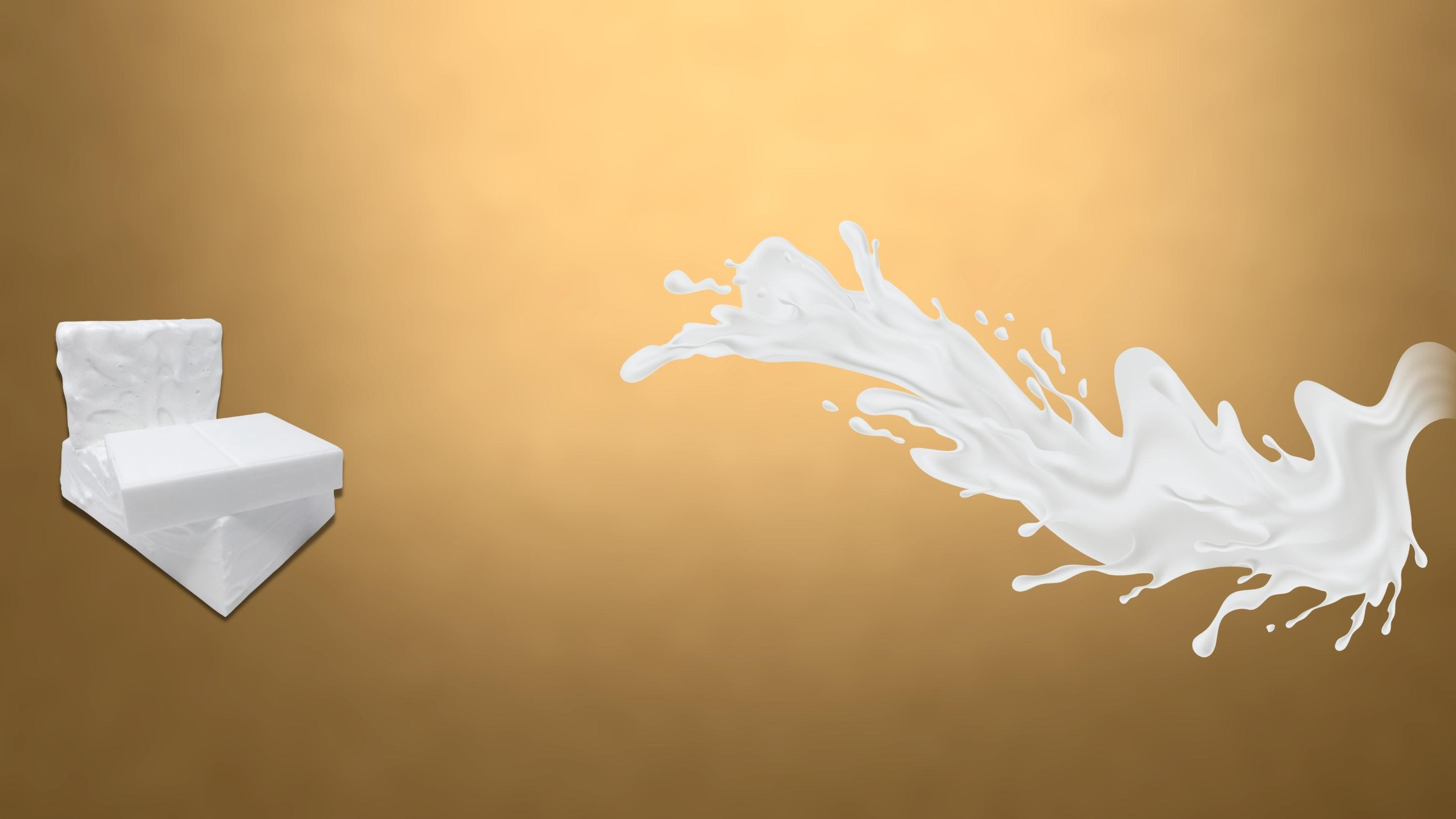
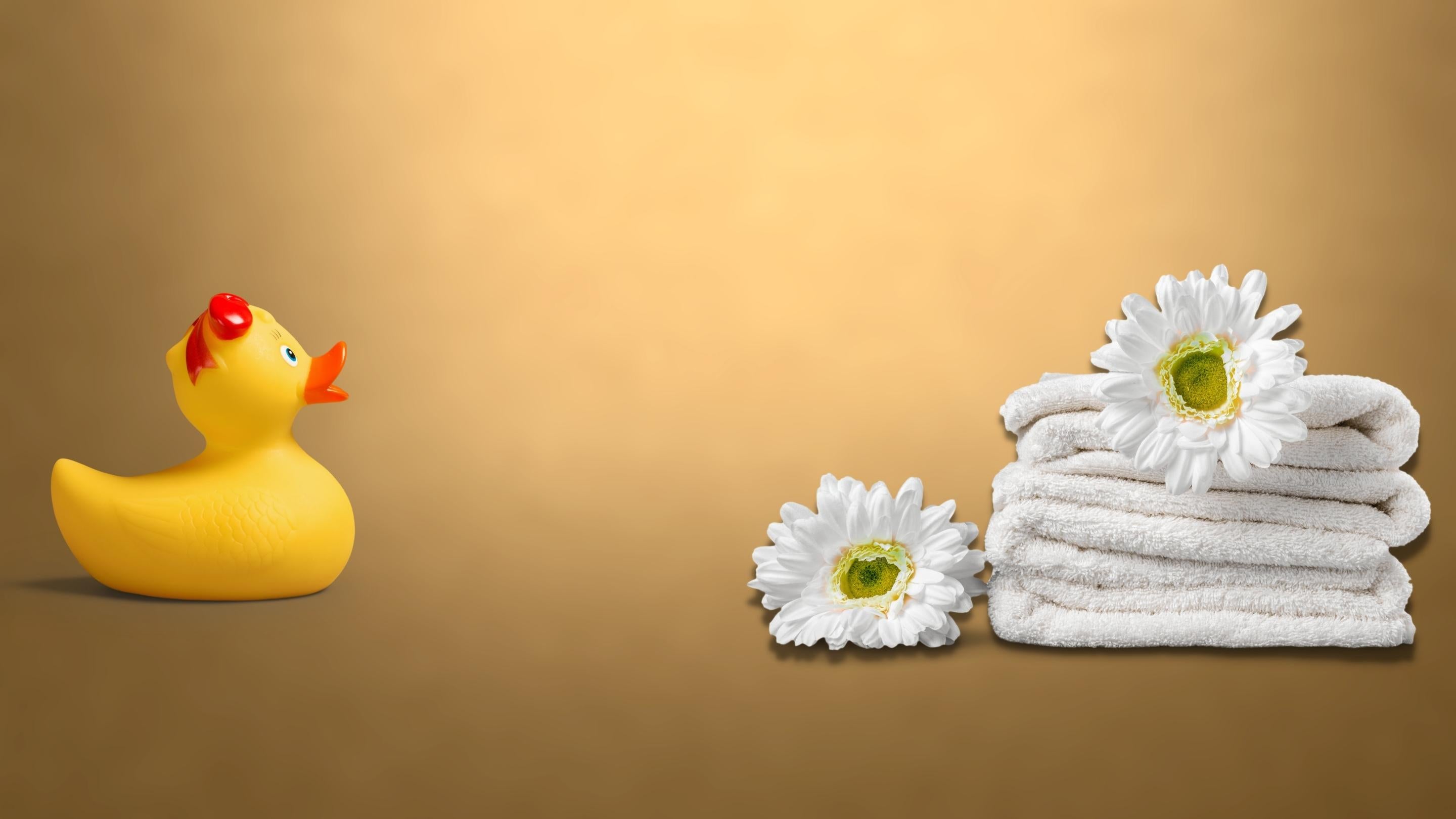
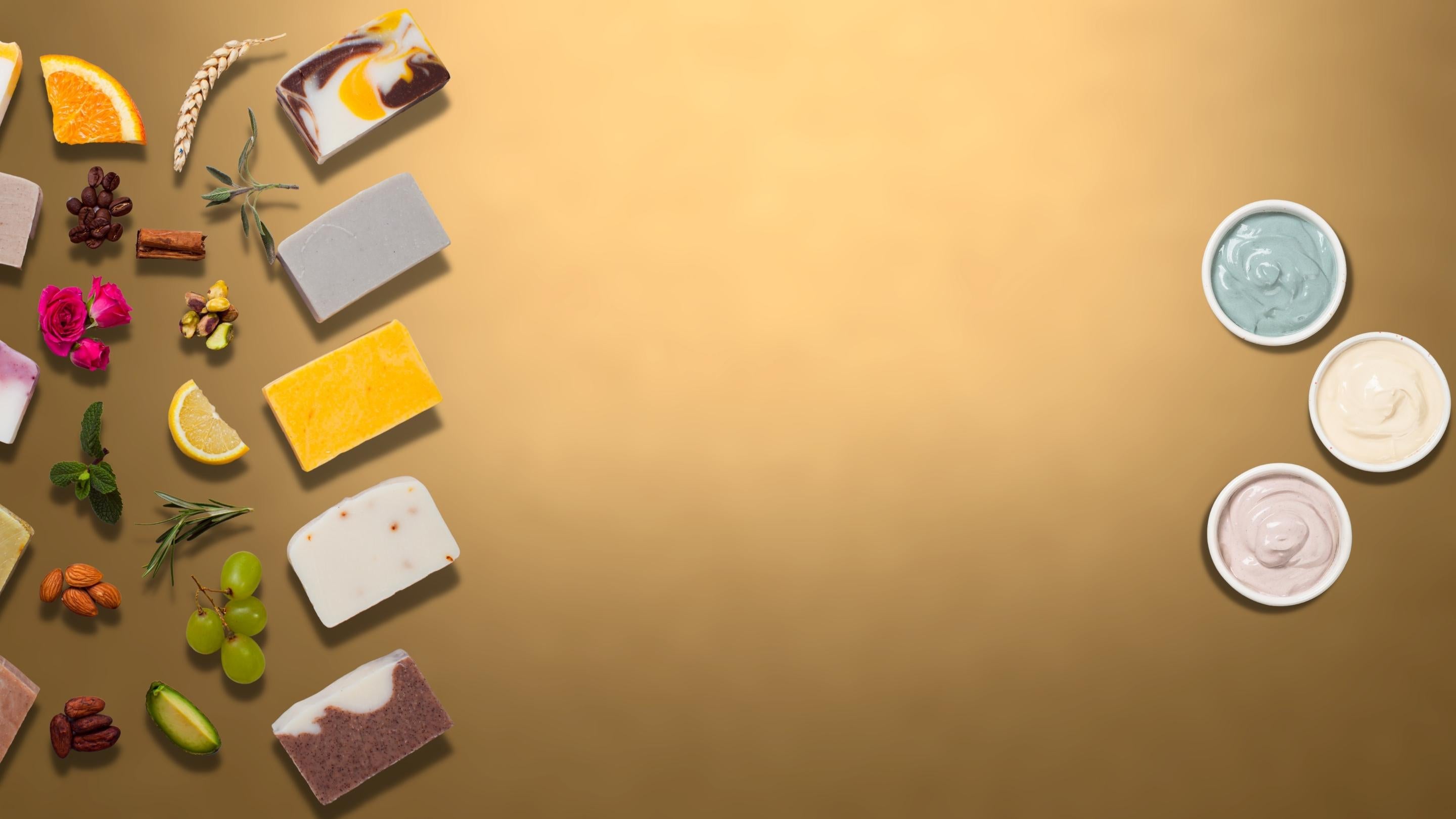


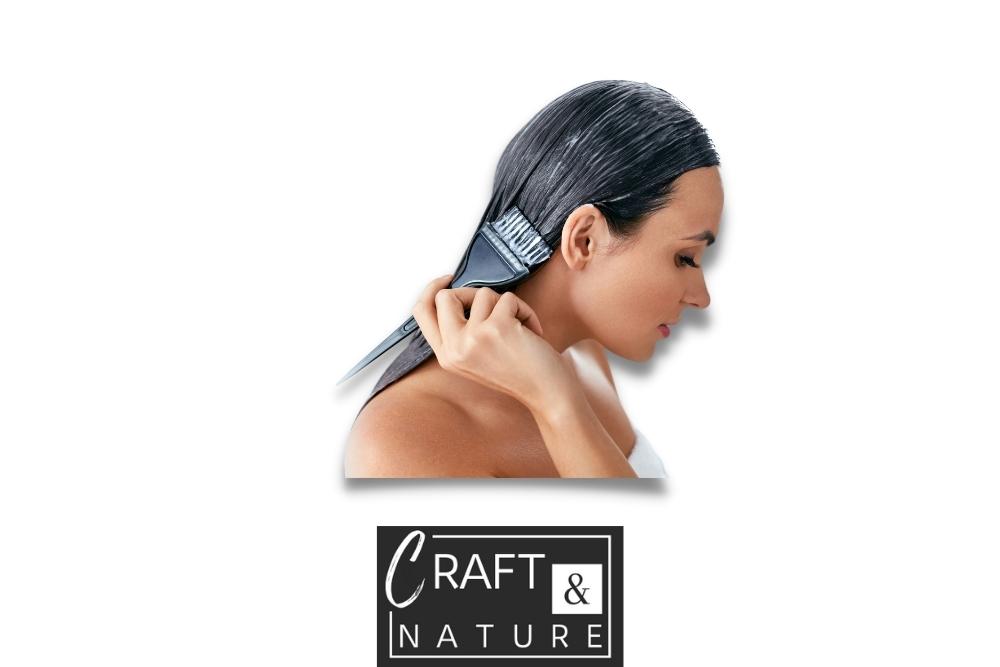
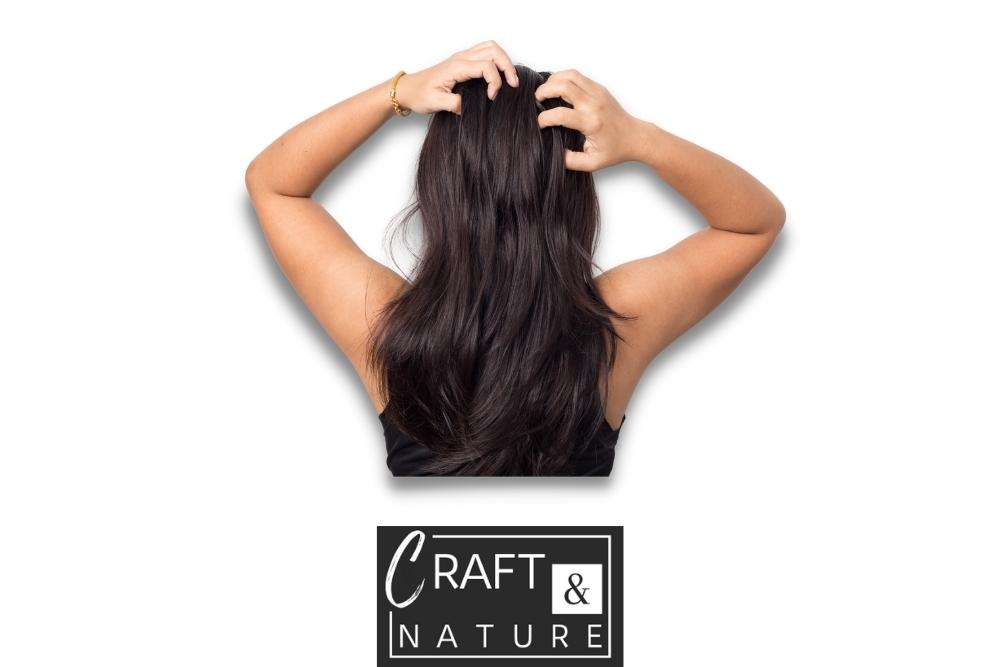
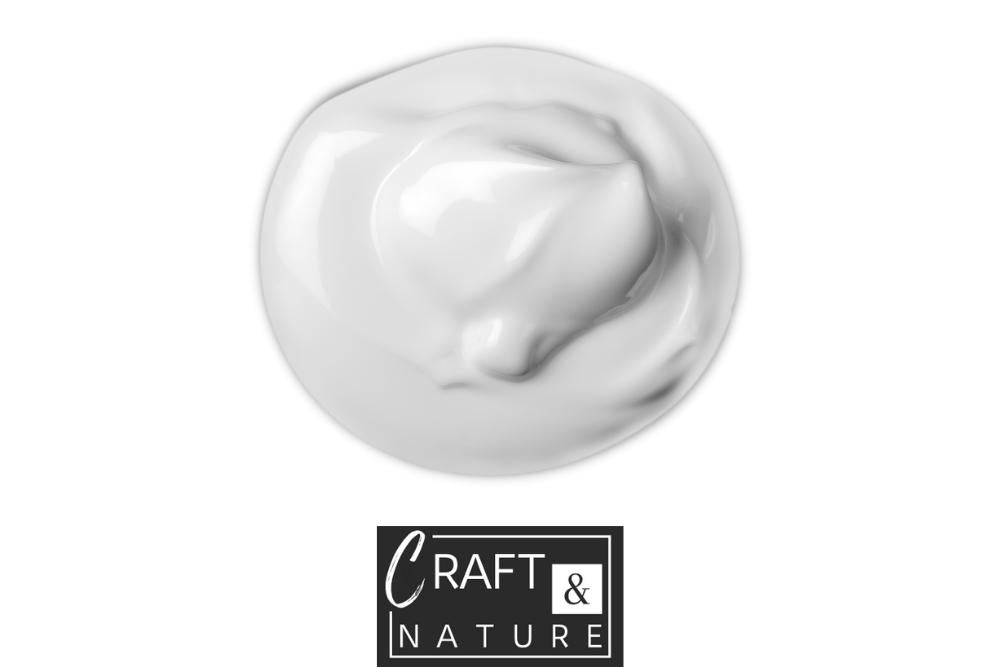
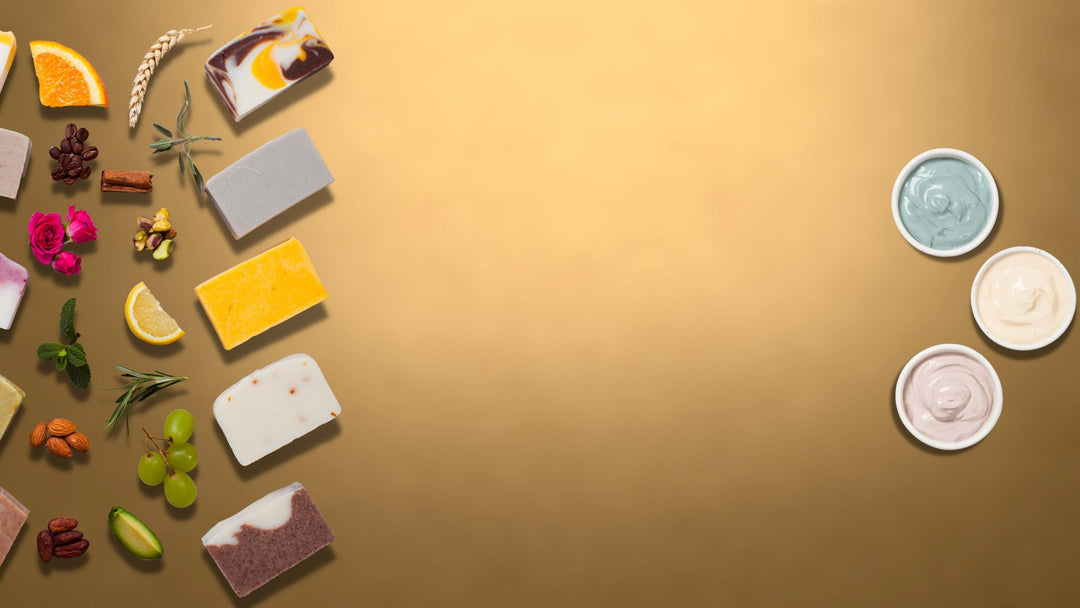

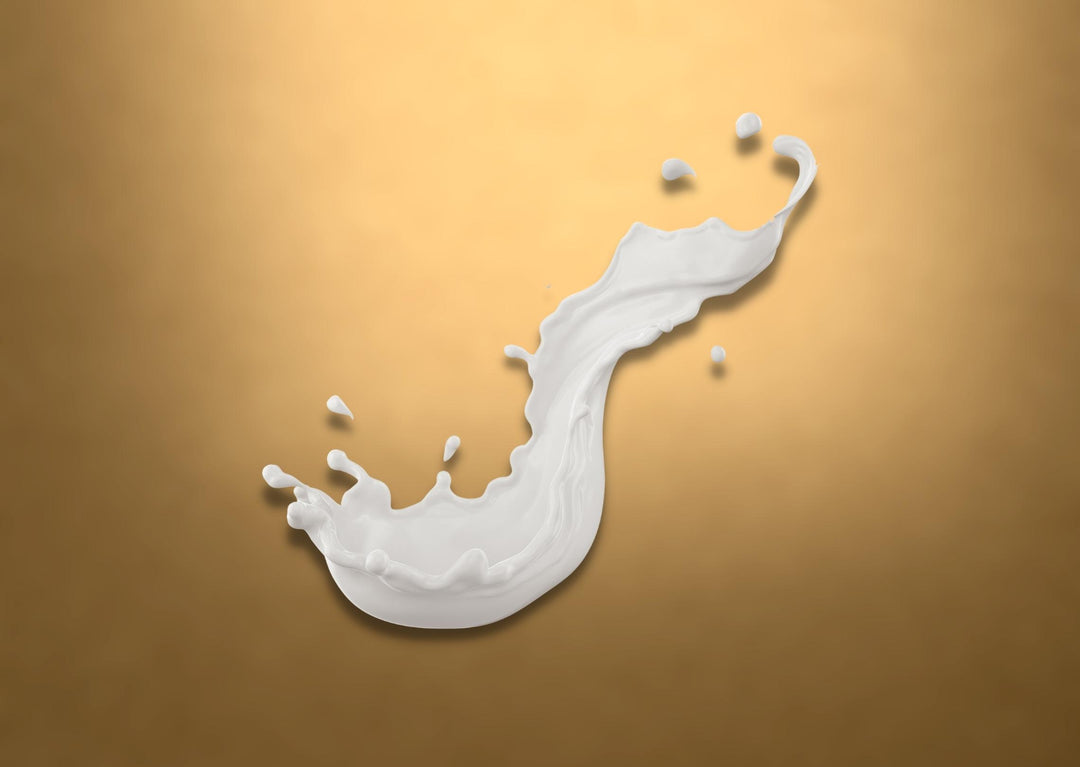
Leave a comment